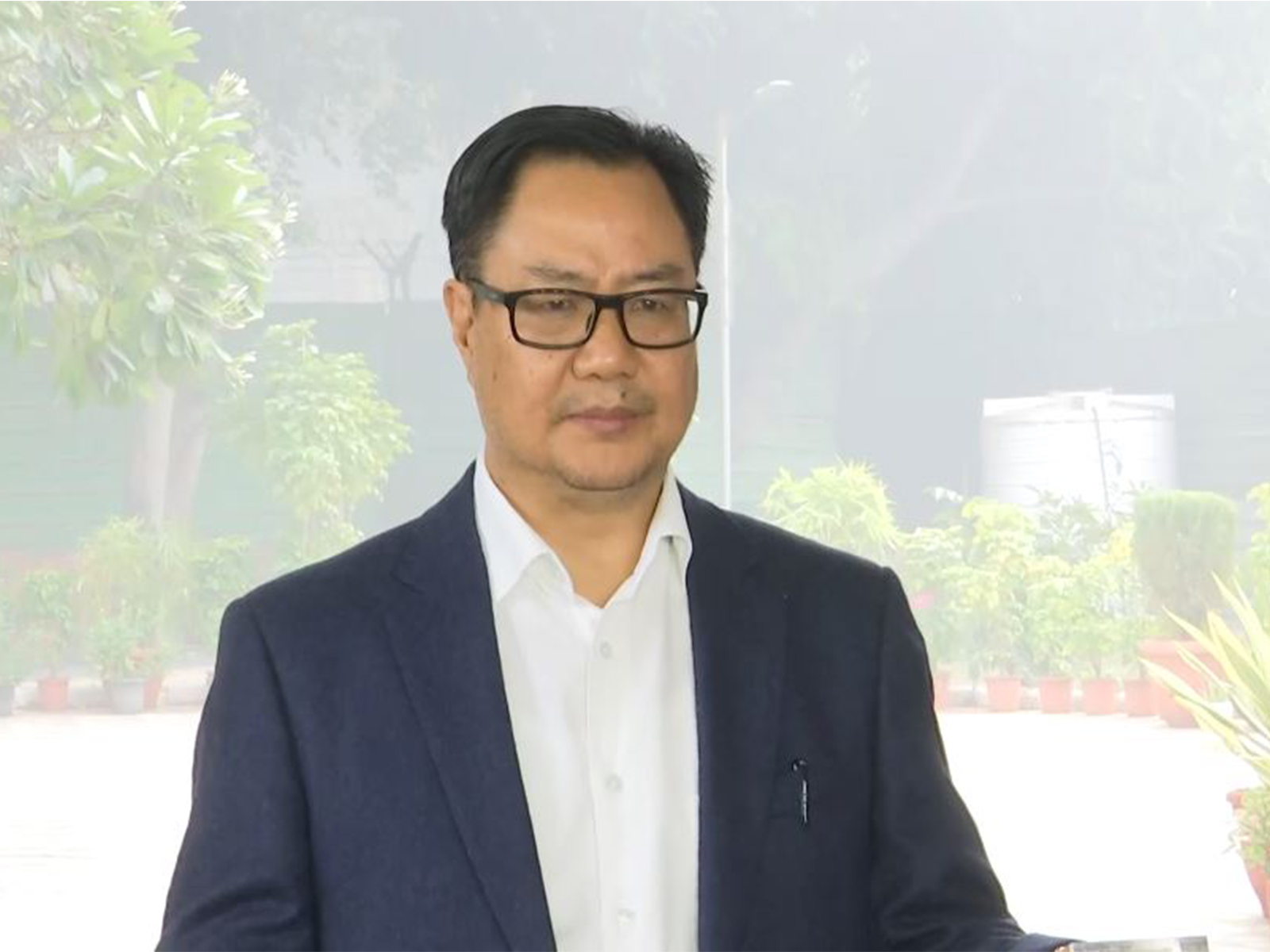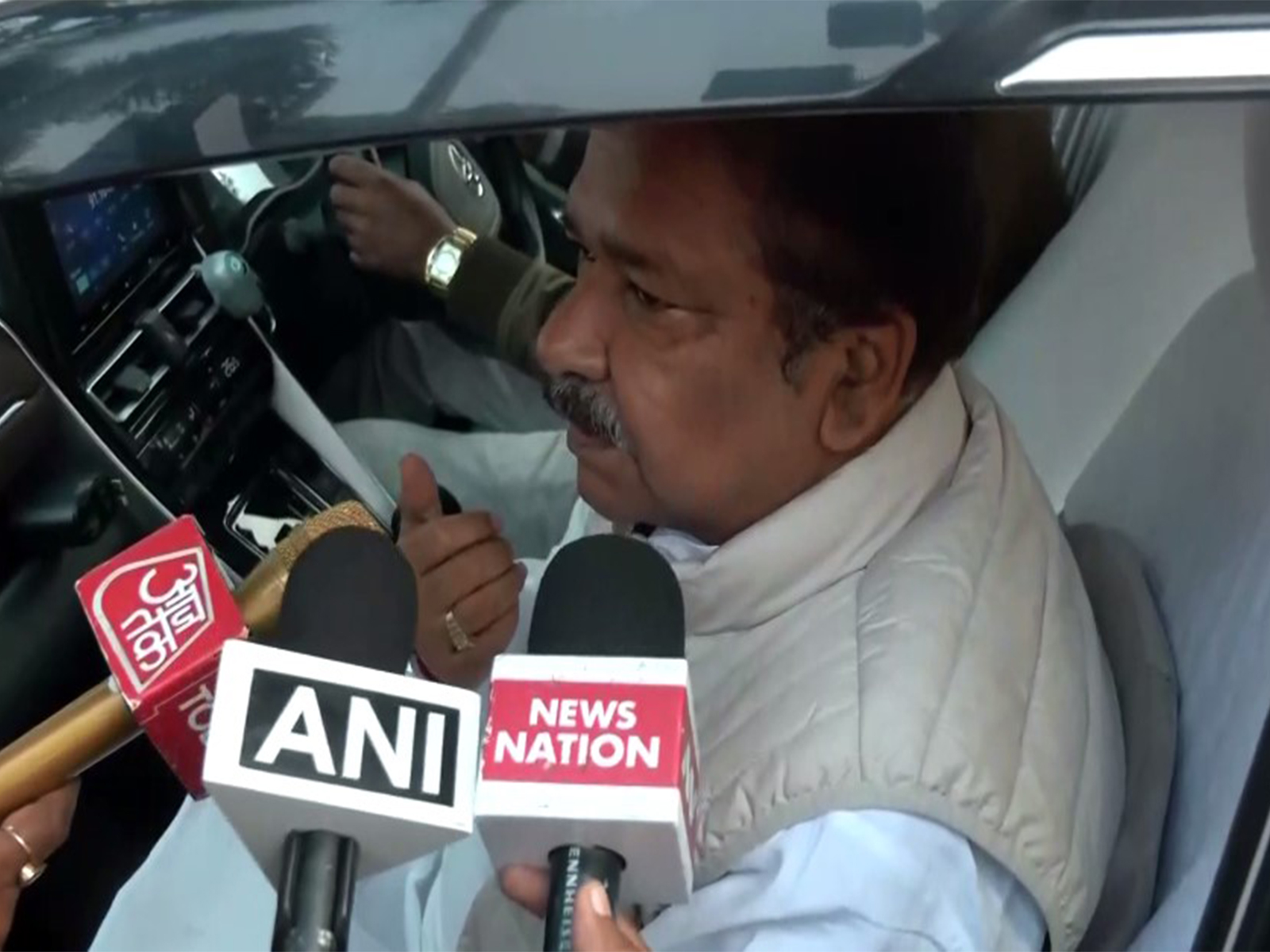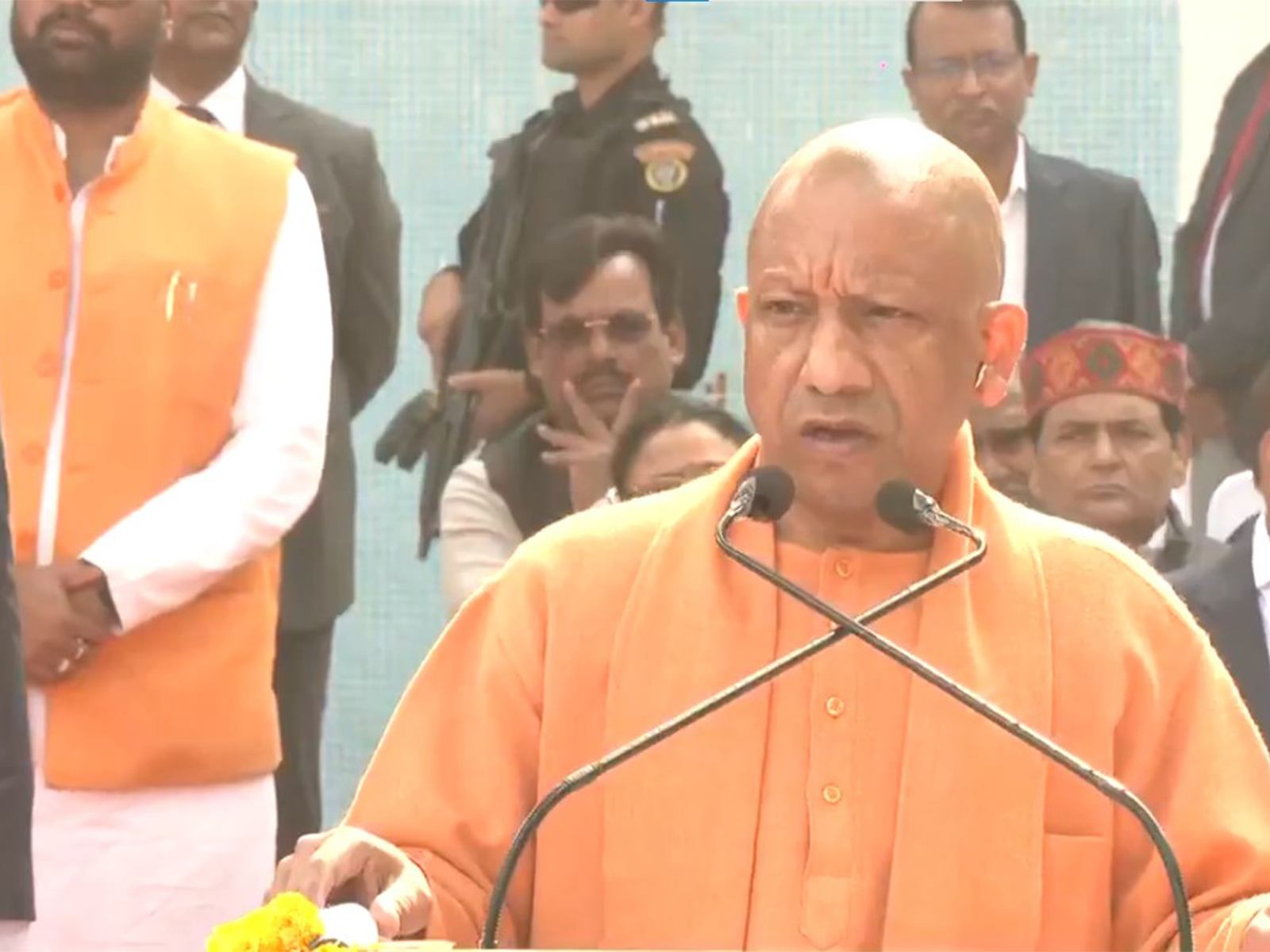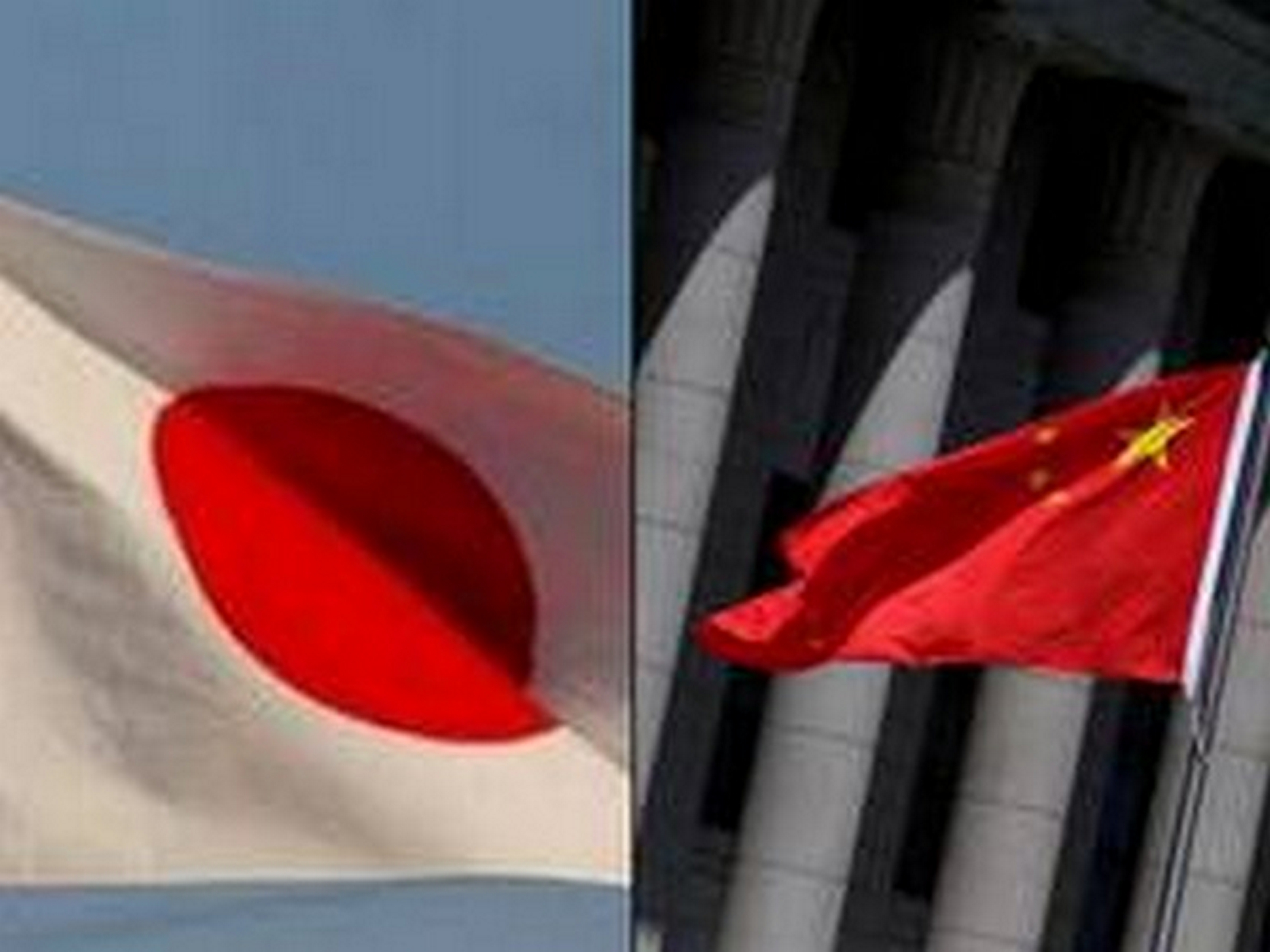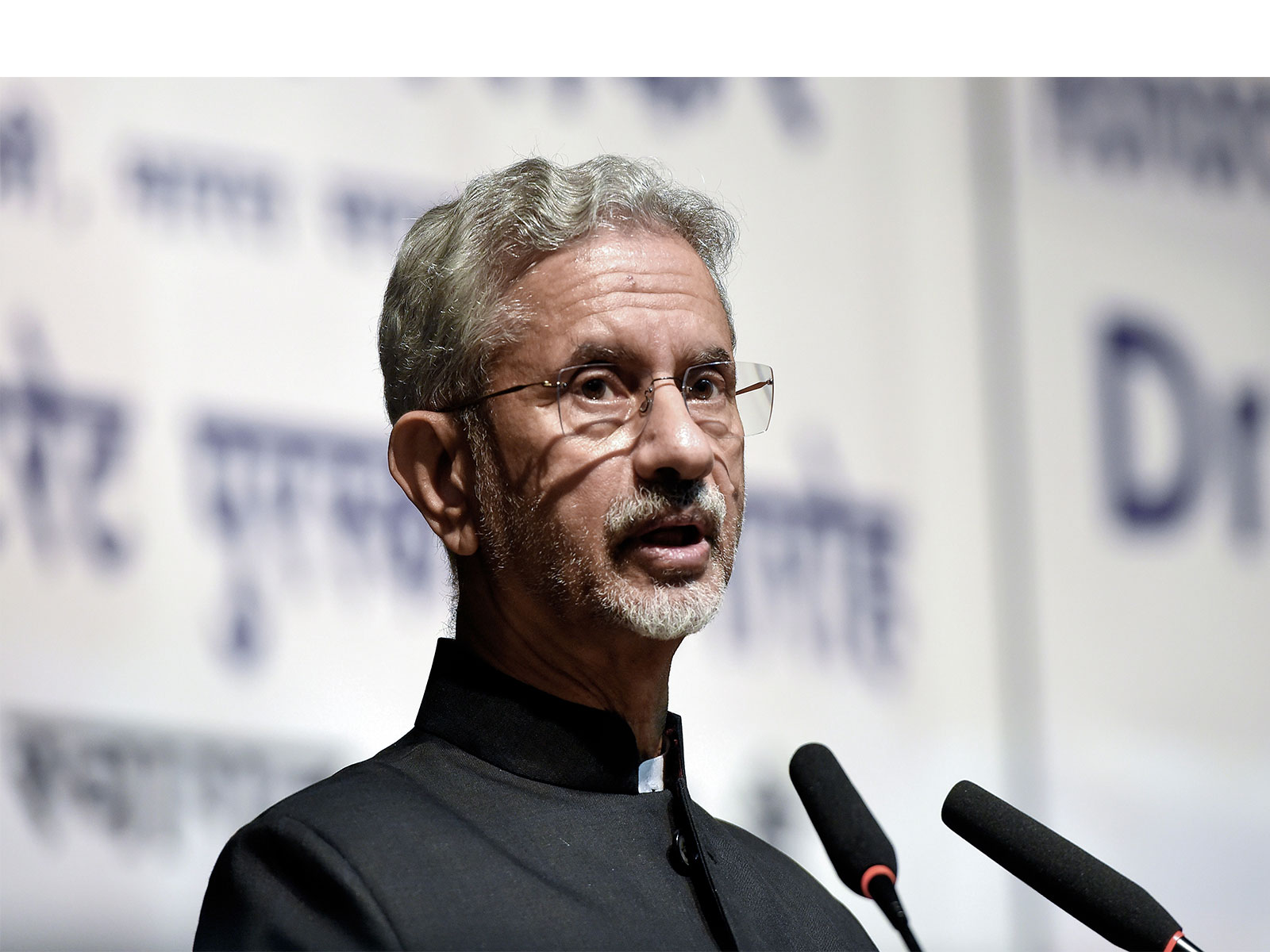Delhi HC dismisses plea against construction of ITL Twin Tower, slaps Rs 25,000 fine on petitioner
Sep 03, 2020

New Delhi [India], September 3 : Dismissing a plea challenging the construction of ITL Twin Tower in Pitampura's Netaji Subhash Palace area, the Delhi High Court on Thursday slapped a fine of Rs 25,000 against the petitioner for filing a frivolous petition by way of a PIL.
A division bench of Chief Justice DN Patel and Justice Prateek Jalan refused to entertain the petition and asked the petitioner to deposit the fine amount with the Delhi Legal Service Authority (DLSA). The High Court noted that the petition seems to not be a public interest litigation (PIL).
The bench was hearing a plea seeking action against the concerned authorities and to issue directions to demolish the illegal construction and restore the ITL Twin Tower to its original structure. The plea also sought to stop the work as a danger to residents and passersby.
In the PIL, the petitioner prayed that respondents be held accountable for all violations of constitutional and legislative guarantees, which resulted in denying the poverty-stricken slum dwellers their right to a healthy environment and no illegal construction, especially where people visit regularity and that an independent inquiry is ordered to look into the violations.
It alleged that when the country was facing the COVID-19 pandemic, the owner of ITL Twin Tower was taking undue advantage of the situation, misleading the government and the department was taking undue benefit arising out of bad times of the nation.
"The owner of the abovesaid mall is constructing two another floors on the building of that mall by virtue of taking benefit of COVID-19 pandemic as he is very well aware of the fact that all the departments and servants are busy in giving their service of the nation to prevent the spread of novel coronavirus," the plea said.
It also said that the said building is 30 years old structure and therefore inquiry may kindly be conducted on the behest of re-construction after 30 years without any approval.

